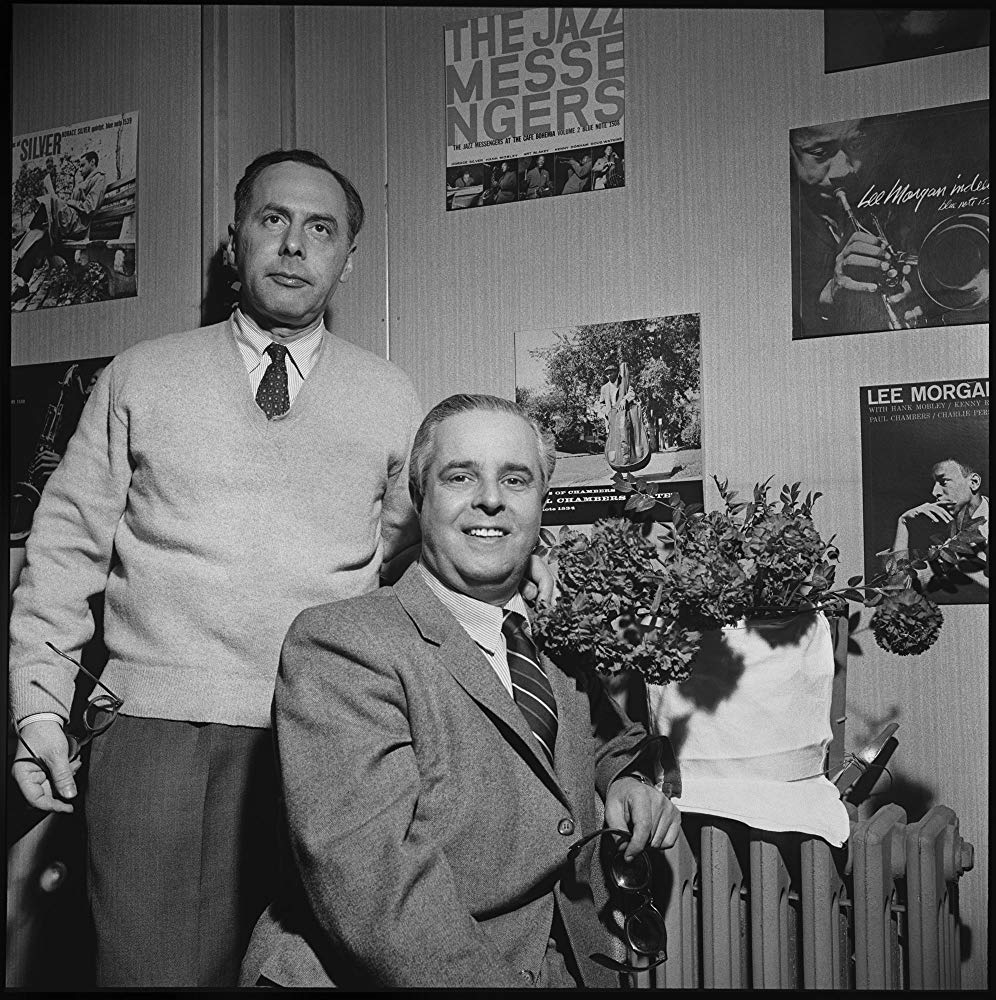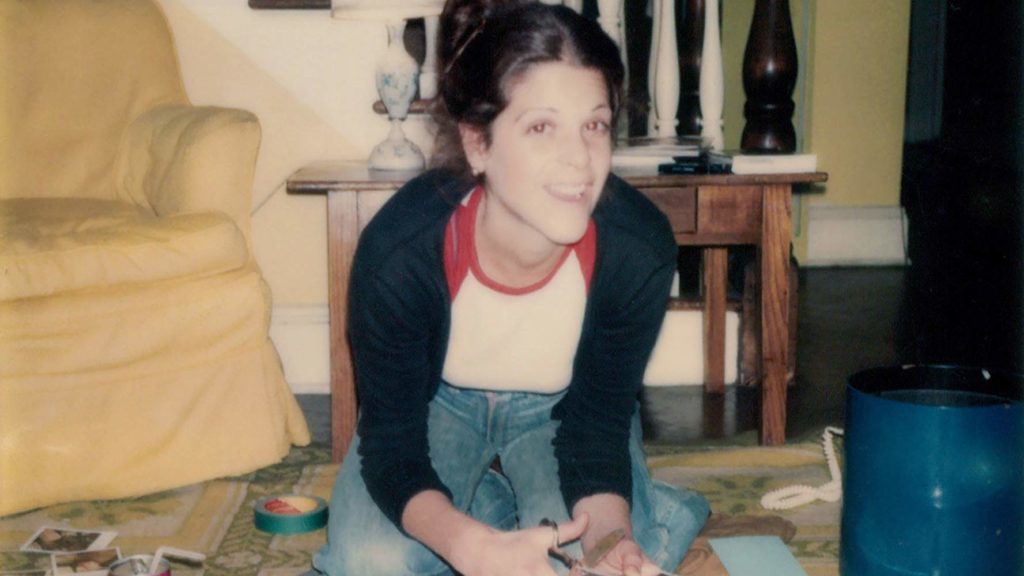
Kathryn Bernheimer — programmer of the Boulder Jewish Film Festival (BJFF) — knows what her audience wants.
“Opening and closing films have to be feel-good,” she says. “And they have to be substantive.”
And for the seventh annual BJFF, screening March 7–17, she has just that: The festival opens with It Must Schwing — The Blue Note Story, and closes with The Mamboniks, both documentaries about Jewish contribution and racial integration in the world of music.
“I’m very happy they both came together because it gives [the festival] a through line,” Bernheimer says. “Of music and harmony, and the intersection of the arts.”
For Bernheimer, that intersection is where skill and talent break down barriers.
“Excellence and quality,” she says, “that’s where equality always comes in.
“When you’re looking for quality, you’re looking for a diversity of voices,” Bernheimer continues. “The arts are a wonderful model for celebrating diversity.”
And not just diversity of race and gender, but also in the types of movies Bernheimer shows.

“It’s not just that [BJFF] shows these off-Hollywood films,” Bernheimer explains, “it’s also people within mainstream cinema who are telling personal stories that connect.”
Take To Dust (March 11, 12, 14), a small drama starring Matthew Broderick as a high school science teacher and Géza Röhrig as a grieving widower. Trying to understand what is happening to his wife’s physical remains, Röhrig recruits Broderick in a bizarre, not entirely legal, science experiment to cope with his loss. The results are not only humorous and human, they are, most importantly, understandable.
It would be fascinating to know what famed New Yorker film critic Pauline Kael would have made of To Dust, but since the prolific writer died in 2001, that question will have to be left to speculation. But Kael’s other
opinions, popular or not, on 2001: A Space Odyssey, A Band of Outsiders and Last Tango in Paris, are on full display in the documentary What She Said: The Art of Pauline Kael (March 8, 13, 16).
For those who remember Kael, What She Said is an extensive look at the massive ripples her criticism caused throughout the movie world. Those new to Kael might be surprised to find out how important film criticism once was, and that Kael dominated its center for so long.

Documentarian Rob Garver doesn’t focus too much on Kael’s Jewishness or gender, choosing instead to keep the conversation on her work. Director Lisa D’Apolito uses a similar approach with her documentary Love, Gilda (March 12, 14, 17) about the famed Saturday Night Live comedian Gilda Radner.
Much like It Must Schwing and Mamboniks, What She Said and Love, Gilda are docs on the lighter side while The Waldheim Waltz (March 15) and Who Will Write Our History (March 11) tackle much darker subject matter. It’s a balancing act of tone and story, one Bernheimer has mastered through several years of programming.
“Some [movies] are going to be more introspective,” she says. “Some are going to be provocative. Disturbing, even.
“But what I always talk about with the films, and the question I always pose, particularly in my talkbacks is: Why do you think this filmmaker, in this country, is making this movie, right now?”
It’s a central question Bernheimer wants her audience to consider. But, as she is quick to point out, these talkbacks are not always about providing answers.
“People want to talk about what’s relevant, what’s urgent, what’s bubbling up through the zeitgeist,” Bernheimer says. “They look to the arts [for guidance on] asking the right questions.”
And if preliminary sales are any indication, Bernheimer has built up a sizeable following of moviegoers curious about those questions and hungry for those stories.
“We’re really trying to build community,” Bernheimer says of each BJFF screening. “It’s a wonderful opportunity for sharing and for expressing and hearing opinions. And we provide a safe environment for important and meaningful conversation.”
But before there can be a conversation, before there is even community, Bernheimer has to make sure her program can speak to all who come to it. There is equality in her quality and the BJFF has “a wide variety of impact and really reveals what cinema is capable of,” she says, “at all ends of the spectrum.”
ON THE BILL: Boulder Jewish Film Festival. March 7-17. Opening night and reception at Boulder Jewish Community Center; all others at The Dairy Arts Center. Tickets at thedairy.org














